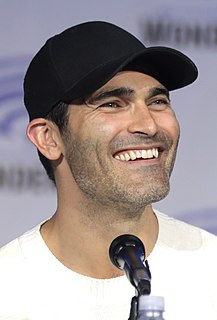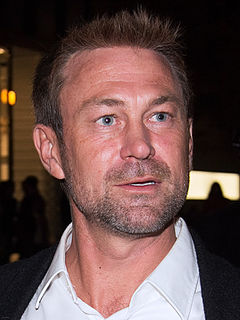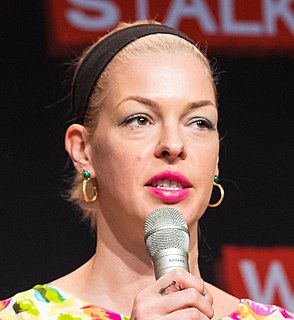A Quote by Duncan Jones
Motion capture has become very specialized but also still just a tool of filmmaking.
Quote Topics
Related Quotes
Motion capture is exactly what it says: it's physical moves, whereas performance capture is the entire performance - including your facial performance. If you're doing, say, martial arts for a video game, that is motion capture. This is basically another way of recording an actor's performance: audio, facial and physical.
I don't think that you can dispose of the constructive and inventive things that America is doing - and say, "Oh we aren't doing anything anymore and we are living off of what the poor Chinese do." It is more complicated than that. There is the example of Detroit which was once a very prosperous and diverse city. And look what happened when it just specialized on automobiles. Look at Manchester when it specialized in those dark satanic mills, when it specialized in textiles. It was supposed to be the city of the future.
I honestly think the impulse is to grab something and capture it, and not capture a moment that you want to remember, but just capture an image that you want other people to see right away. It's about how someone is going to "like" this and it's no longer an experience. It's just this constant sharing of images. I personally don't like that very much.


































